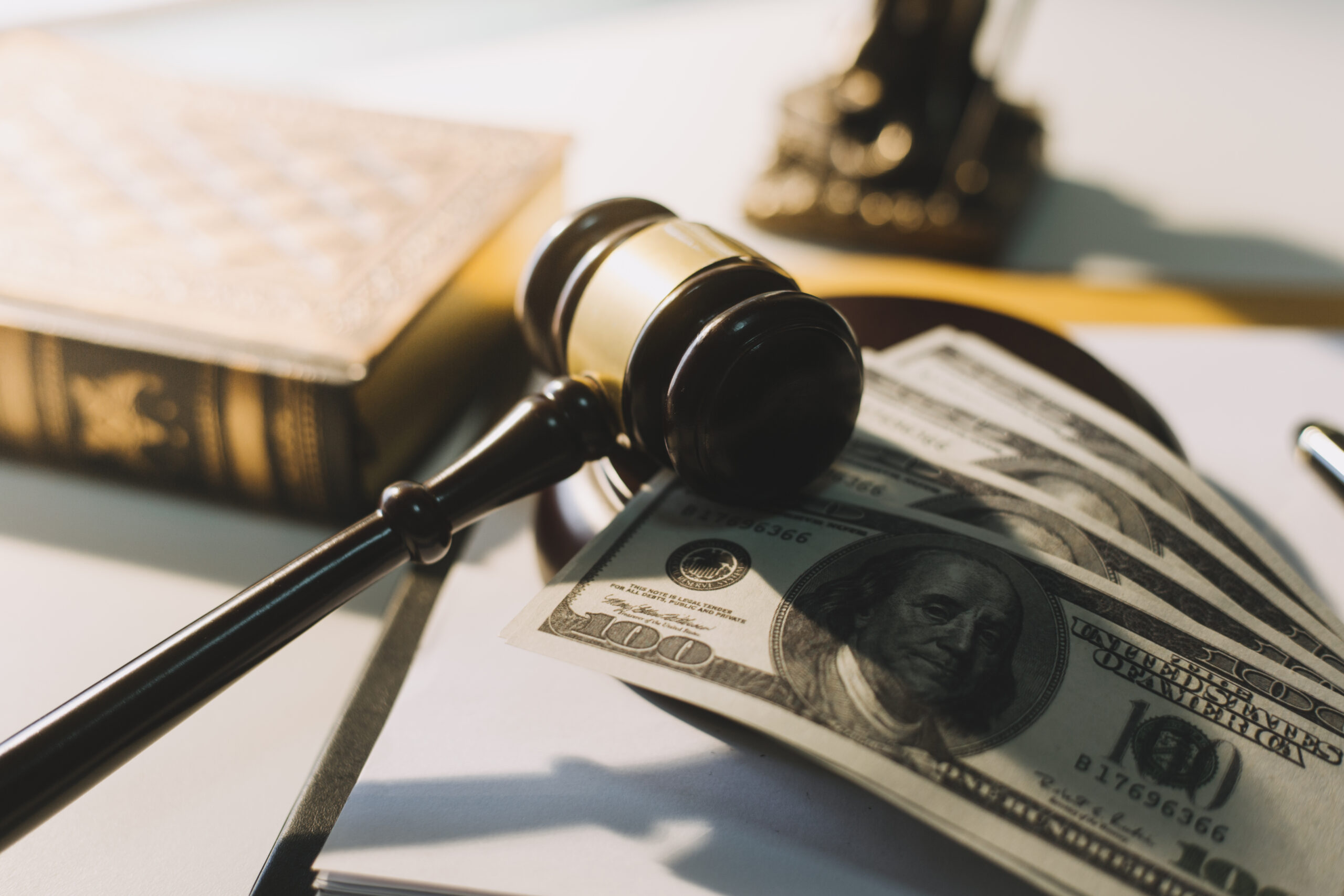What DEI Changes Mean for Employers Featuring Patice Holland
As political and public scrutiny of Diversity, Equity, and Inclusion (DEI) programs grows, employment attorney Patice Holland of WoodsRogers joins the Emerging Litigation Podcast to explain how employers—especially federal contractors—can reassess DEI initiatives while staying compliant with discrimination laws, navigating shifting enforcement priorities, and managing legal, operational, and reputational risk. Tune in now!












